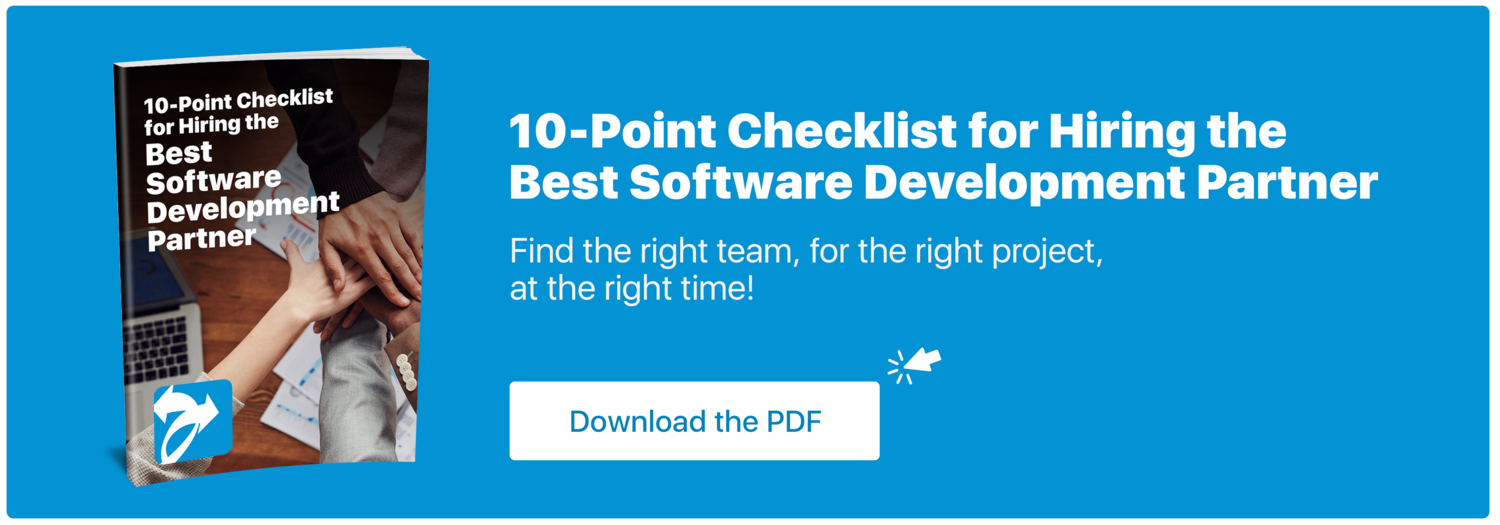The ego lives in every one of us, it is the reason we get up in the morning and the driver of nearly everything we do in the day. Ego is important, too much ego is infectious, especially when working alongside others. The dichotomy of ego is created through a lack of control over it within ourselves. We may not even realize when we lose control over it, yet when collaborating with others, egos can clash.
In this situation, even leaders need to be able to follow, put pride aside and evaluate what’s best for the team. This is a critical trait of effective leaders, leading a team requires being attentive but it does not mean calling all the shots. Now, ego can be a good thing, it drives us to hold ourselves to a high standard and seek out achievements. It is the balance of the good and bad that comes with an ego that must be established, which will make you highly effective in anything you do.
Often, ego gets in the way when differing opinions arise which unfortunately is inevitable in any setting of discussion.
The dilemma is that in some cases, the higher-ranked person may want to make their power known and overrule disagreements. The situations vary, the common theme however is that incentives driven to feed ego are sometimes not even necessary tasks to carry out or are simply overkill. These situations are a means of proving your worth to yourself at the risk of hurting the team or even your reputation as a worker.
We want to be effective team leaders/members but we don’t want emotion to inhibit our decision-making. To mitigate this, let's look at what we can do:
Have An Open Mind
Open-mindedness is a characteristic that will serve anyone not only in their career but through any decision-making situation. Being open-minded is the ability to detach from the situation and look at it logically to determine the best course of action. Now you may believe that you are open-minded, invite new ideas to the table, and hear people out, yet you still find yourself in conflict with others.
Anytime you find yourself here, you must assess if your feelings are from a standpoint of business or ego. You might be surprised to find that majority of the time, the ego tends to take the win.
Choose Long-Term Gratification
Putting your ego in check typically involves sacrificing the sweet taste of victory. Let’s say you led your team on a project for a major client. You put in countless hours with them, fine-tuned some details, and implemented your thoughts to inspire their ideas. The client comes back and is thrilled with the work, your boss congratulates you but you insist it was the team's doing, you just simply helped. This is an example of putting your ego in check to ensure the satisfaction of your team.
In turn, this will translate to consistent effort and improvement in your team and even attract talented people who want to work for you. In essence, the gratification will come, not immediately but it will be much more rewarding long-term.
Be Supportive
Ultimately when working with others, putting your ego in check requires assessing the needs of the team and adapting to them. To be an effective leader, follower, or co-worker you have to use your resourcefulness to contribute to the task. Sometimes all it takes is understanding someone else’s point of view. For instance, you may have subordinates who express concerns over operating procedures you’ve instilled for a task.
Instead of responding “this is the way we’re doing it” you take the time to hear them out. You realize that you may have overlooked areas that would create difficulties in the process. You thank your team members for the advice and they now feel valued and pleased to work with you. In these cases, you can realize flaws in your leadership style and a common flaw is being resistant to change.
Conclusion
It’s natural to want to be the best, be right, and reap the rewards as soon as possible from the work you do. This can stem from a lack of confidence or self-esteem and now the need to assert yourself in something fills those gaps. It is in these times that we need to step back, re-evaluate the situation, and most importantly, check our ego.
We work with successful companies to increase their net profits using exceptional custom software solutions, contact us here to see how we can help your business grow!

















